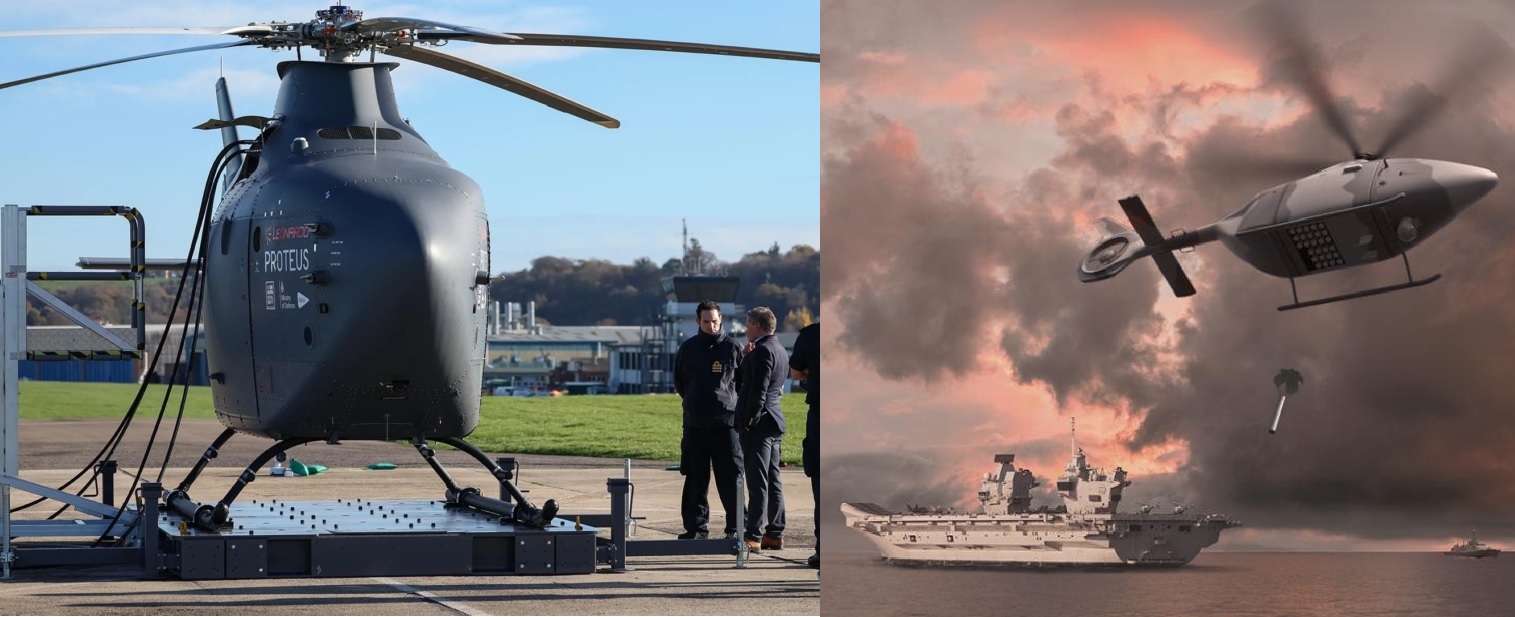Gadkari Announces Hyperloop, Pod Taxis, and Electric Express Buses for Delhi and Bengaluru

Union Minister for Road Transport and Highways, Nitin Gadkari, has announced a transformative vision for India’s public transportation, with plans to introduce Hyperloop, pod taxis, and high-speed electric express buses in major cities like Delhi and Bengaluru. The goal is to reduce traffic congestion, cut down on pollution, and provide faster and more efficient travel options for urban and inter-city commuters.
Gadkari revealed that pilot projects are being prepared for these systems, which are currently in experimental or early stages in other parts of the world. He emphasized that India must embrace such futuristic technologies to revolutionize mobility and improve the quality of life in rapidly growing cities.
The Hyperloop is a high-speed transportation system in which passenger pods travel through a low-pressure tube using magnetic levitation. This allows near-zero resistance movement, making it capable of achieving speeds of up to 1,200 kilometers per hour. The concept was introduced by Elon Musk in 2013 and has since been developed by companies like Virgin Hyperloop and Swisspod. Test tracks have been built in the United States, China, and Europe, with the fastest recorded test speed reaching over 620 km/h in China. However, no country has launched a commercial hyperloop yet.
India was one of the first countries to sign a major agreement for a commercial Hyperloop project. In 2018, the government of Maharashtra signed a Memorandum of Understanding with Virgin Hyperloop for a Mumbai–Pune route that would have cut travel time to just 20 minutes. Despite being hailed as the world’s first such project, it was later shelved after the Maharashtra state government withdrew support, citing high costs and feasibility concerns.
With the revival of interest in this technology, Gadkari has now proposed pilot hyperloop corridors in Delhi and Bengaluru, which could make India one of the few nations to actively test the concept at a city level.
Another innovative system being planned is the pod taxi, also known as a Personal Rapid Transit (PRT) system. Pod taxis are small, driverless electric vehicles that run on dedicated elevated tracks and are designed to carry a few passengers at a time, typically between 2 and 6. Globally, such systems are in limited operation, including at Heathrow Airport in London and Masdar City in the UAE. In India, a similar project called Metrino Pod Taxi was previously proposed in Delhi but failed to take off. Now, with renewed support, the Ministry is aiming to implement pilot pod taxi projects in both Delhi and Bengaluru.
In addition to these experimental systems, Gadkari also announced the rollout of electric express buses. These buses are large, fully electric, and equipped with modern amenities similar to those found in airplanes. The buses can seat up to 135 passengers, travel at speeds of 120 to 125 km/h, and recharge fully within 30 to 40 minutes. The first pilot service has already begun in Nagpur, and further routes are planned for high-density corridors like Delhi to Chandigarh, Mumbai to Pune, and Bengaluru to Chennai. These electric buses are expected to be 30 percent cheaper to operate than diesel buses, while also being more eco-friendly.
Beyond these systems, the Ministry is also planning electric ropeways and cable cars in hilly regions and pilgrimage destinations such as Kedarnath, Amarnath, and Vaishno Devi. A total of 360 locations across India have been identified for implementation of these systems, which are particularly suited for difficult terrain and remote areas.
Gadkari stated that the estimated cost for implementing such advanced transportation systems could range from ₹200 crore to ₹5,000 crore, depending on the technology and route. He also emphasized that these new systems would be safer, cleaner, and far more efficient than existing road and rail infrastructure.
Despite the technological challenges and investment requirements, Gadkari expressed strong confidence that India will be among the world leaders in adopting futuristic mobility solutions. He called for greater cooperation from state governments, private sector investors, and international partners to make these visions a reality.
India's attempt to pioneer the Hyperloop in Maharashtra may have stalled, but with renewed national-level efforts and trials planned in Delhi and Bengaluru, the country may still become one of the early adopters of high-speed vacuum tube transport. Similarly, the re-introduction of pod taxis and expansion of electric express buses signal a clear push towards clean, high-capacity, and smart transit networks.
This comprehensive plan by the Ministry of Road Transport and Highways marks the beginning of a new era in Indian mobility—one that combines speed, sustainability, and innovation to meet the challenges of the future.
✍️ This article is written by the team of The Defense News.






